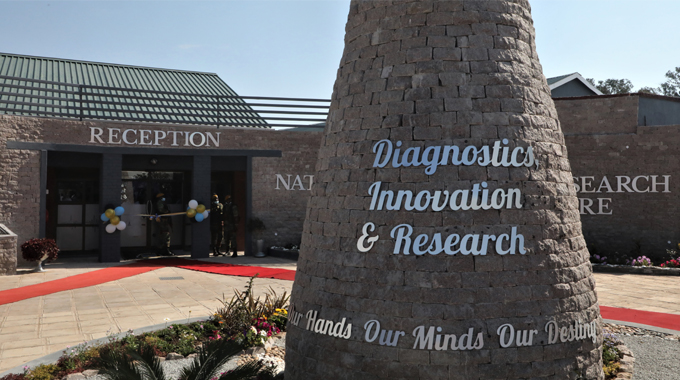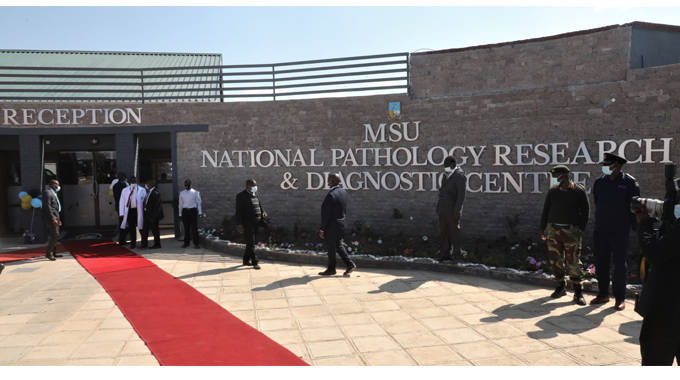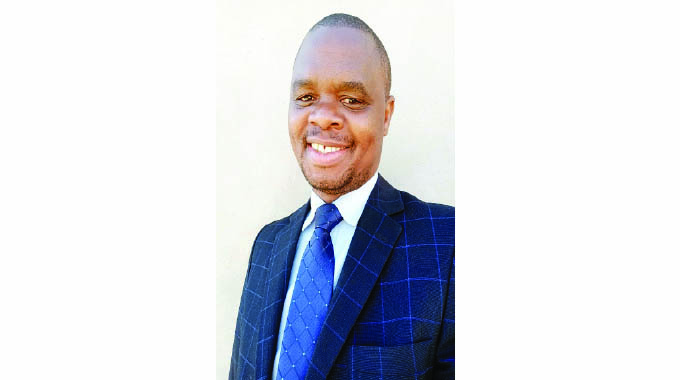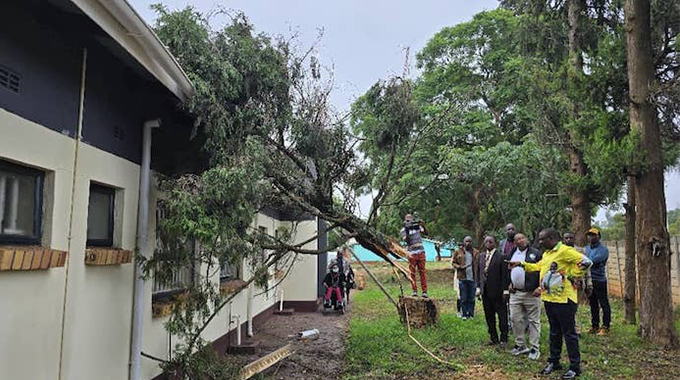MSU pathology centre opens

Patrick Chitumba, Midlands Bureau Chief
THE state-of-the-art Midlands State University (MSU) National Pathology Research and Diagnostic Centre (NPRDC) is now operational following the final inspection and certification of the laboratory by the Radiation Protection Authority of Zimbabwe.
The NPRDC was officially commissioned by President Mnangagwa on July 15.
The opening of the NPRDC will widen the provision of pathological and diagnostic services to Zimbabweans, and help attract local medical professionals who emigrated.
The centre highlights the Second Republic’s determination to address the shortage of pathologists and other specialist medical professionals and services.
The centre will be the biggest disease and specimen research centre in the country.
The NPRDC will be a unique laboratory in that it will be taking specimens for analysis. Previously, specimens were sent to laboratories in South Africa, hence patients will now be served faster.
It will also save on the foreign currency that was being paid to laboratories in South Africa.
While the country has suffered the loss of critical skills over the past years, the Second Republic is focused on fostering transformative and inclusive development in line with the aspirations of Vision 2030, which seeks to achieve an empowered upper-middle-income economy.
This is being done through comprehensive ease of doing business reforms initiated since 2018 and robust infrastructure development projects, coupled with the adoption of innovation and technology as key enablers in keeping with global trends.
The new pathological facility, which is part of the university’s medical school, was built using Government resources and has been completed in record time after President Mnangagwa laid its foundation stone last year.
It is expected to scale up the provision of quality health services for citizens and help Zimbabwe realise Universal Health Coverage targets.
It is envisaged to drive local manufacturing of laboratory reagents and point-of-care devices.
Further, the modern centre is expected to address the shortage of local pathologists and help trim foreign currency losses from service outsourcing by creating such specialist programmes at home.
It will also increase access to pathology and diagnostic services to a cross-section of people in the Midlands Province, across the country and regionally.
To ensure the sustained momentum of these programmes and projects, a conducive research and innovation ecosystem is guaranteed towards generating wealth, while providing platforms for young boys and girls to showcase their talent and ideas.
MSU Vice-Chancellor Professor Victor Muzvidziwa said the facility is now operational following final inspection and certification of the Laboratory by the Radiation Protection Authority of Zimbabwe on November 3.
He said the centre is equipped with some of the best medical equipment that it will offer affordable rates.
“Following the Radiation Protection Authority of Zimbabwe’s approval of the design of our Radiology facility and the arrival of the CT scan, X-ray machine and ultrasound scan, and installation of these by local engineers working in conjunction with medical engineers in China, the Centre is ready to offer one of the best medical services in the region at affordable rates,” said Prof Muzvidziwa.

MSU pathology centre
He said the centre speaks to the national vision of moving towards industrialised and modernised upper-middle income by 2030.
“The centre also dovetails with MSU’s vision of becoming a leading innovative entrepreneurial and technologically driven university,” said Prof Muzvidziwa.
Construction of the centre commenced in August 2021 with the university using its own staff from bricklayers, plumbers and surveyors among other experts to make the dream a reality.
Officially opening the centre in July, President Mnangagwa urged the private sector to come on board and work closely with Government in developing home grown solutions that will result in improved health and well-being of all people, as articulated in the National Development Strategy and Vision 2030.
He acknowledged that the country’s health sector currently faces challenges, which include shortage of critical staff, key materials and infrastructure saying these cannot be addressed overnight but certainly steps are being taken to tackle them.












Comments